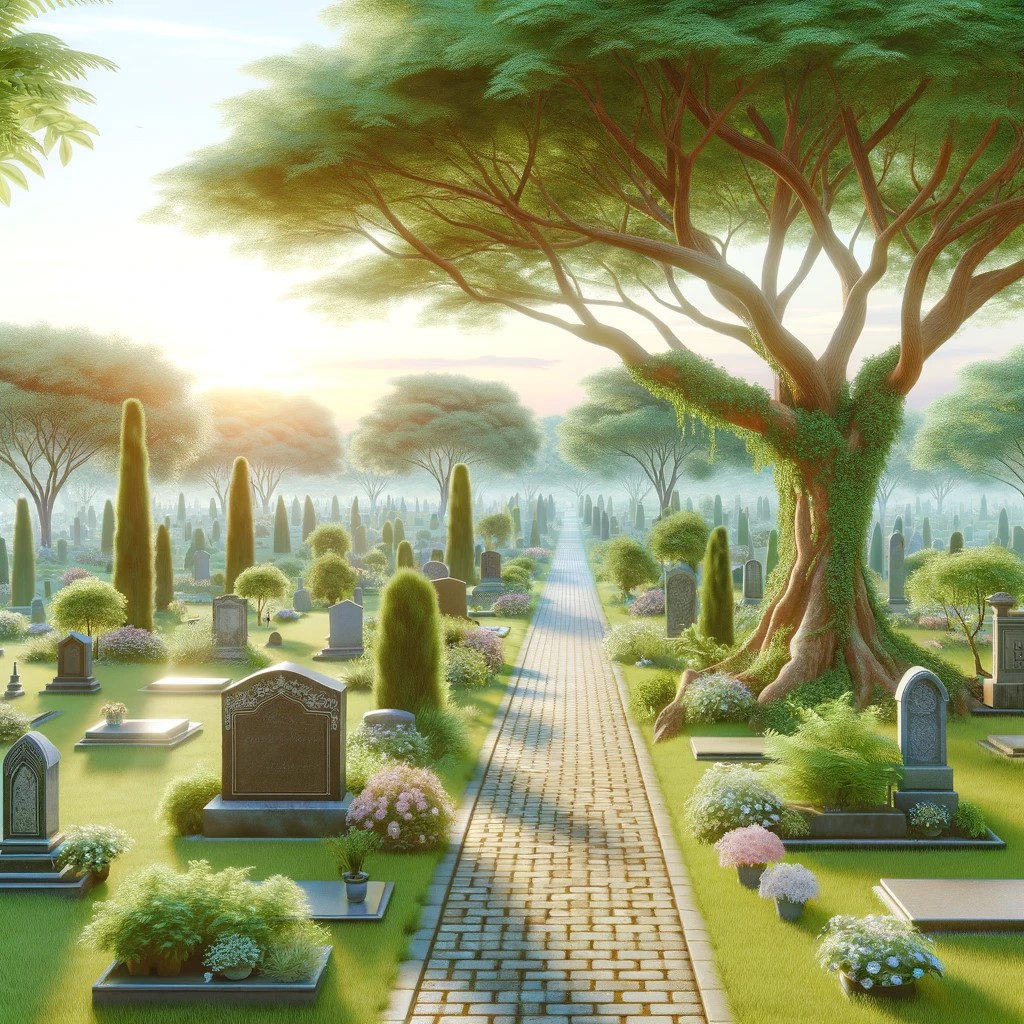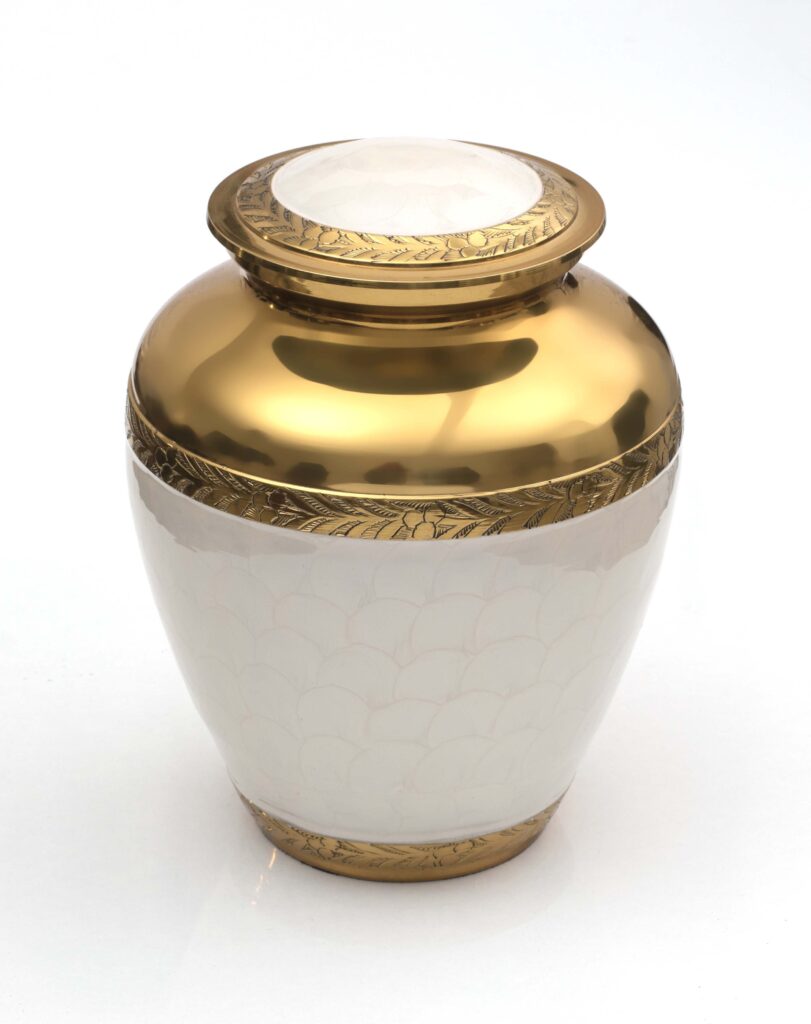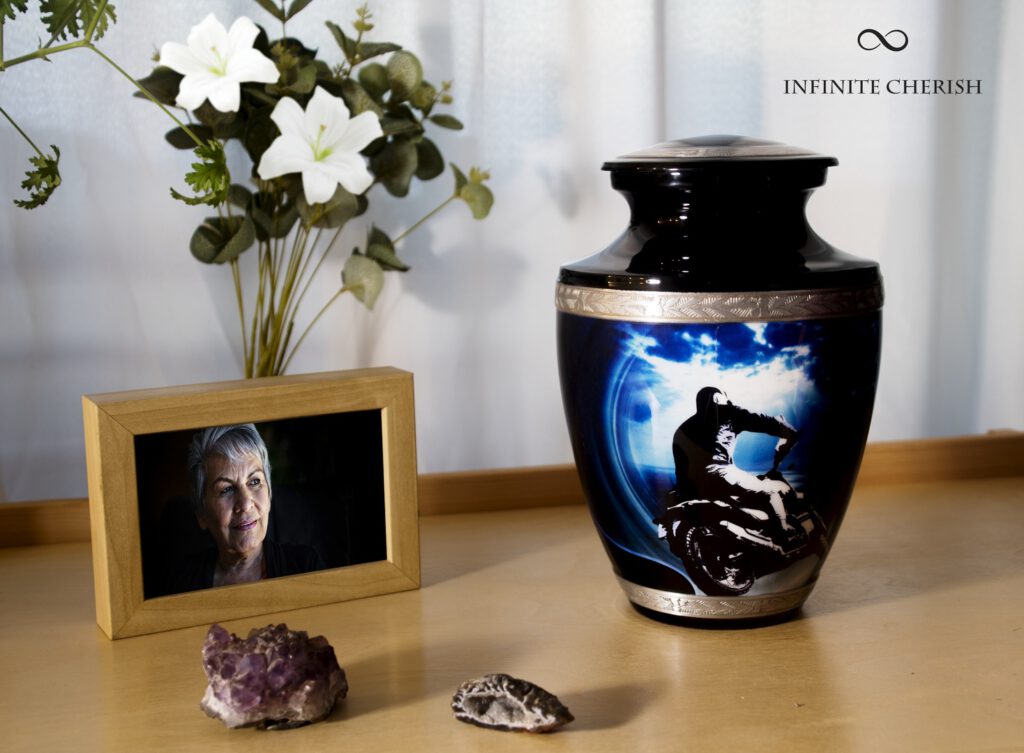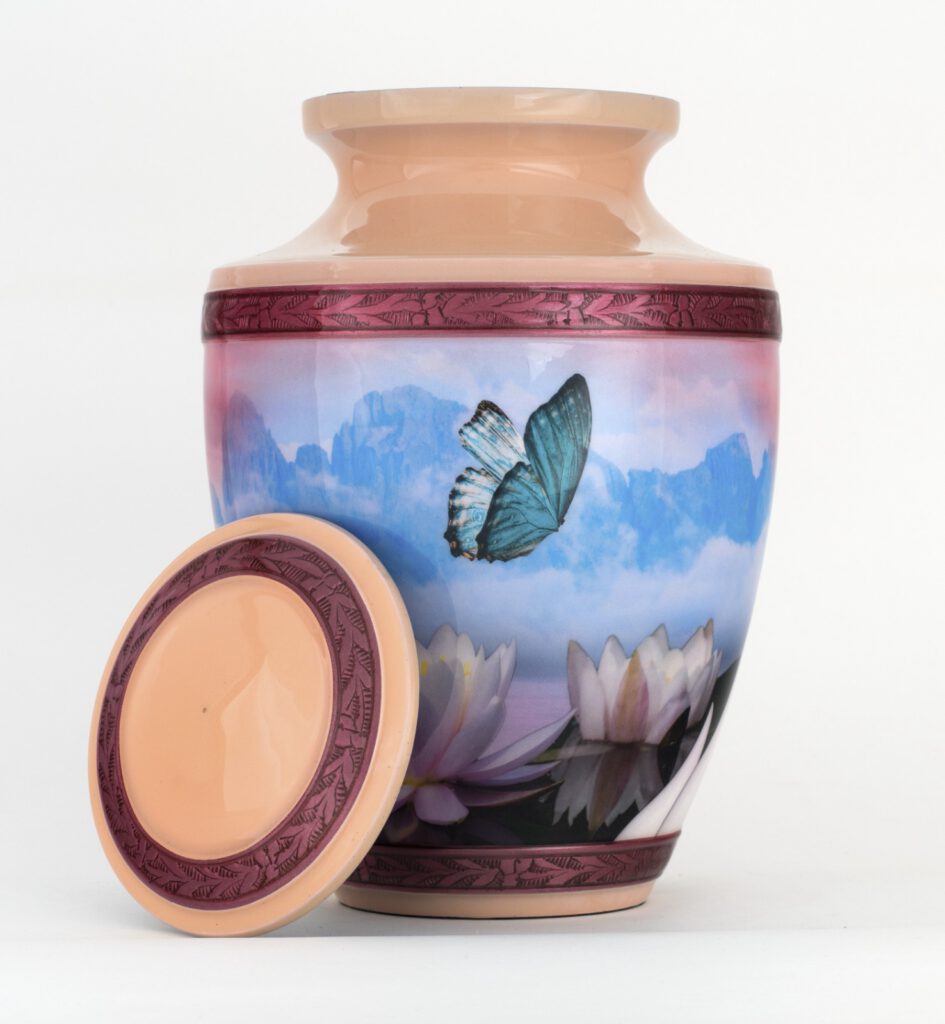Is it better to be cremated or buried?
Where can i buy an urn for ashes in Seattle?
When it comes to the end of life decisions, one of the most personal choices involves how
we wish to be laid to rest. The debate between cremation and burial is longstanding, with
various factors influencing one’s decision, including cost, environmental impact, ways of
memorialization, and religious beliefs. This article delves into each of these aspects, offering
a comprehensive understanding of both processes to help inform this significant choice.
Understanding Each Process
Burial traditionally involves placing the body in a coffin and laying it to rest in a grave. This
practice can be traced back thousands of years and is often accompanied by a ceremony.
Cremation, on the other hand, involves the combustion, vaporization, and oxidation of the
deceased’s body to basic chemical compounds, primarily in the form of gases and bone
fragments or “ashes,” which are then given to the family.
Pros and Cons of Cremation
Pros:
● Cost-Effectiveness: Cremation typically costs less than burial, as it eliminates the
need for a burial plot, coffin, and headstone.
● Flexibility in Memorialization: Ashes can be kept in an urn, scattered in a
meaningful location, or even transformed into jewelry, offering diverse ways to
remember the deceased.
● Environmental Considerations: Modern cremations are becoming more
energy-efficient and have a smaller land use impact compared to burials.
Cons:
● Emotional Impact: For some, the process of cremation can feel less personal or
harder to come to terms with compared to a traditional burial.
● Religious and Cultural Restrictions: Certain religions and cultures do not accept
cremation, making it a non-viable option for those individuals.
Pros and Cons of Burial
Pros:
● Tradition and Ritual: For many, burial is a significant ritual that aligns with cultural or
religious practices, offering a sense of closure and a traditional way to honor the
deceased.
● Permanent Memorial Site: A grave provides a specific location for loved ones to
visit and pay their respects, which can be comforting to many.
Cons:
● Cost: Burials can be significantly more expensive than cremations, considering the
cost of a coffin, burial plot, headstone, and maintenance.
● Environmental Impact: Traditional burials require land space and can involve
embalming chemicals, which may leach into the ground.
Environmental Impact
The environmental impact is a significant consideration for many. Traditional burials use up
valuable land and can introduce harmful chemicals into the environment. Cremation, while
more energy-efficient, still produces carbon emissions. However, green burial options and
eco-friendly cremation methods, such as alkaline hydrolysis (water cremation), are emerging
as sustainable alternatives.
Way of Memorialization
Memorialization is deeply personal, and both burial and cremation offer various options.
Burials allow for a physical space where loved ones can gather, while cremation provides
versatility in how and where to honor the deceased’s memory.
Religious Beliefs
Religious and cultural beliefs play a crucial role in this decision. Some religions expressly
prefer or prohibit cremation or burial, making it important for individuals to consult with their
faith leaders or families when making this choice.




